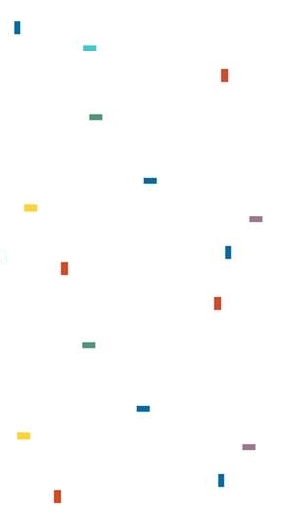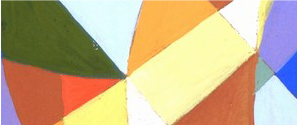CFP: European Journal of Pragmatism and American Philosophy, Volume 8, No. 1, 2016
Call for Papers:
Dewey’s Democracy and Education a Century Later:
A Source of and a Resource for European Educational Theory and Practice
European Journal of Pragmatism and American Philosophy, Volume 8, No. 1, 2016
Guest Editors: Stefano Oliverio, Maura Striano, Leonard J. Waks
Call for papers “Dewey’s Democracy and Education as a Source of and a Resource for European Educational Theory and Practice: A Retrospective-Prospective View”
Guest editors: Stefano Oliverio (Post-Doc Researcher, Centro SInAPSi, University of Naples Federico II); Maura Striano (Full Professor of Education, University of Naples Federico II); Leonard J. Waks (Professor Emeritus of Educational Leadership, Temple University).
*****
On the centennial anniversary of the publication of Dewey’s Democracy and Education (New York: Macmillan, 1916), a symposium of the European Journal of Pragmatism and American Philosophy intends to explore both the epoch-making significance and the topicality of the (ideas advocated in the) book for the development of European educational reflection.
Dewey’s philosophical-educational masterpiece represented a turning point in the educational discourse, inaugurating a radically new regime for educational theory which has deeply influenced the 20th century’s educational culture. It is in light of this permanent and deep influence that we invite scholars to contribute to this special issue.
In particular, this symposium will investigate two different but complementary thematic areas. The first will cover the reception of the book in Europe, where responses were of very different kinds: (a) responses coming from institutions and ideologies, such as the Catholic Church and Soviet-oriented Communism; and (b) responses from European educational practitioners and radicals. Some representatives of this latter group of innovators of educational practices were often openly in agreement with Dewey’s views, and their ideas contributed to a European appropriation and elaboration of the American philosopher’s tenets; others, however, although not always engaging directly with Dewey’s proposals, were completely contrary to the spirit of Democracy and Education. In this view, we suggest that Democracy and Education may be used as a sort of litmus test to assess in which horizon different (European) educational theories (and experiences) can be situated.
The second thematic area to be investigated is the relevance of Democracy and Education for the current European educational debate and for the educational policies that the EU has been championing since the Lisbon Memorandum (2000) aiming at the building of Europe as a space of learning. The latter point shall be explored, in its turn, from a double angle: does Democracy and Education still constitute a source for the framing of these policies and for the ongoing educational debate? What categories and notions of Dewey’s pedagogy continue to be timely and relevant for current debates? On the other hand, does the EU project of creating a trans-national space of learning (also by furthering a convergence of the different EU educational systems) really represent the outcome of an ‘educational philosophy’ (in a broad sense) akin to Dewey’s? Or could the latter act rather as a tool for the criticism of those trends in EU policies which seem more to be modelled according to the demands of the market society than to take the baton from the ideas which Democracy and Education one century ago introduced into educational discourses and practices?
Given the interdisciplinary character of Dewey’s thought and, more generally, of the inquiry in matters of education he wanted to promote, also papers not specifically rooted in educational theory and philosophy (but drawing upon other disciplinary approaches such as sociology, psychology, history of philosophy etc.), or papers dealing with the educational relevance of Dewey’s thought for non European cultures will be considered.
FORMAT AND DEADLINES: Papers must
• be written in English;
• be limited to 12,000 words;
• include an abstract of 200-400 words;
• include a list of works cited.
Accepted papers will have to be formatted according to the editorial style of the journal.
Full papers should be sent as an email attachment to Stefano Oliverio <<stefano.oliverio@yahoo.it>> by November 1, 2015 with “EJPAP Submission” in the subject header. Papers will be selected on the basis of a process of blind review.
Acceptance of papers will be determined before January 15, 2016.
Papers will be published in the June 2016 issue of EJPAP.
Please address any questions to Stefano Oliverio (stefano.oliverio@yahoo.it).

